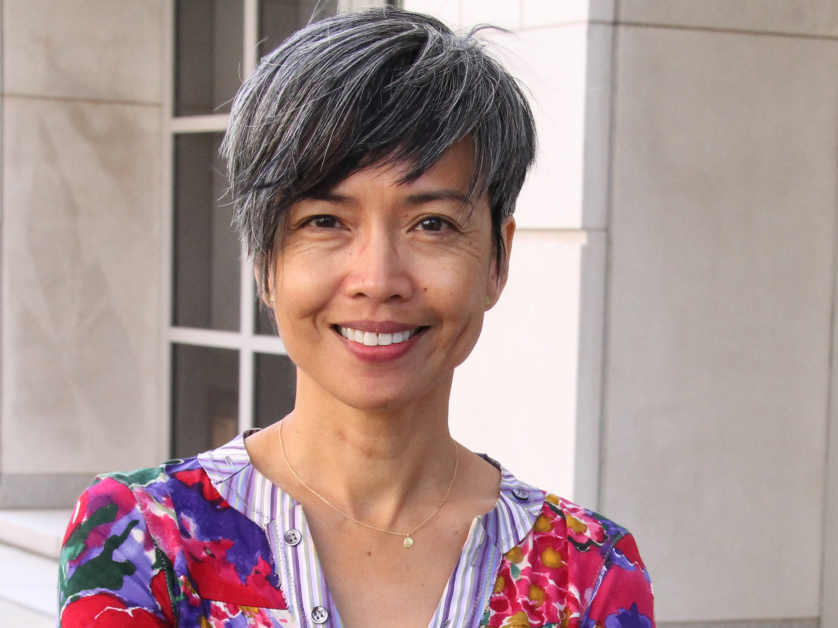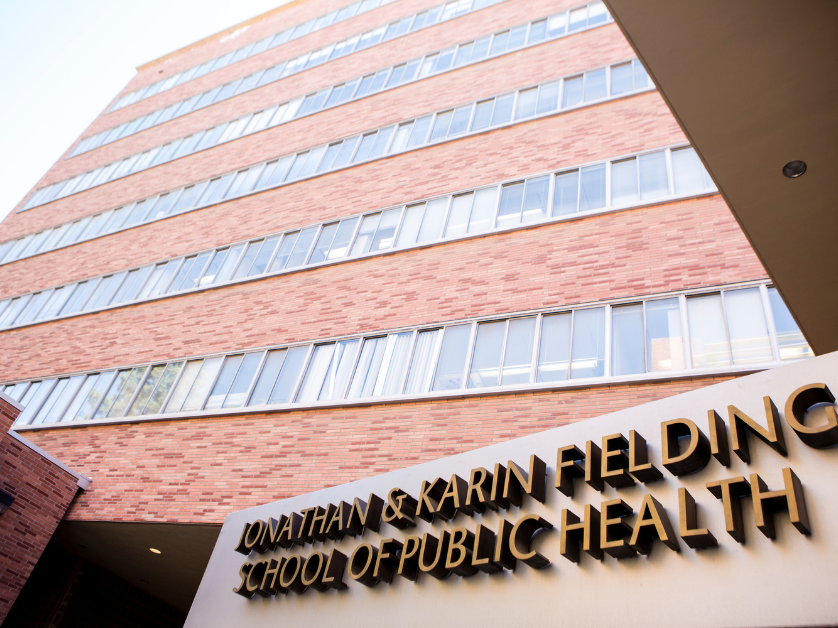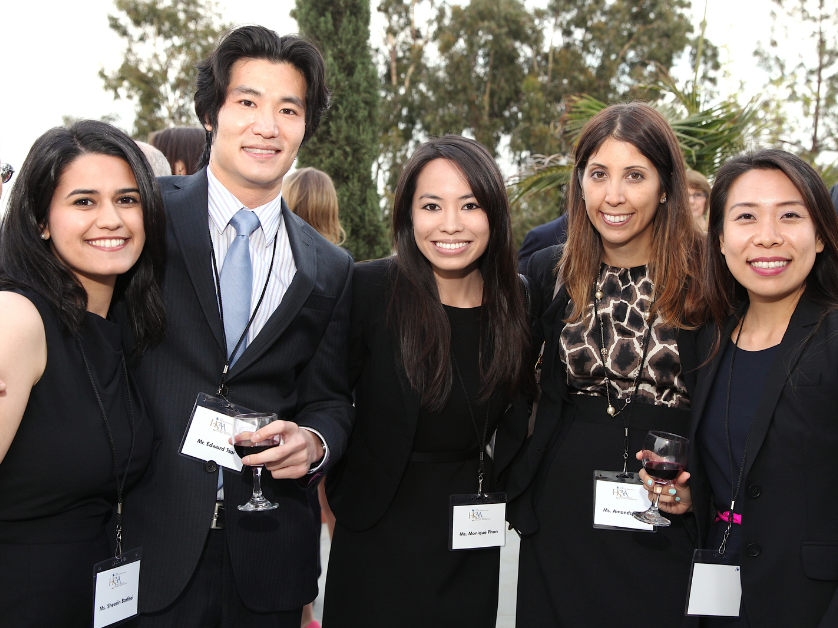Department of
Health Policy and Management

In a dynamic, rapidly evolving healthcare landscape, the Department of Health Policy and Management (HPM) at the UCLA Fielding School of Public Health aims to advance the effectiveness, efficiency, and equity of health services for both personal and population health. The department is home to some of the nation’s most prominent thought leaders on health policy issues, as well as leaders in the development of evidence that contributes to improving the performance of health institutions locally, nationally, and globally. The department’s faculty have founded and continue to run highly influential research centers at UCLA Fielding, and are well connected with major centers and leading experts across the UCLA campus, in Southern California, and beyond. These centers also provide important sites for the department’s master’s and doctoral students to receive research training and employment. HPM alumni, who are influential leaders in the region, remain highly engaged with the department, providing students with ample opportunities for work experiences and mentorship during their time at FSPH. These connections, combined with the stellar reputation of HPM students within the healthcare policy and management communities, lead to a nearly 100% job placement rate for the department’s graduates.
Among the faculty are more than a dozen members of the prestigious National Academy of Medicine along with multiple winners of top honors in the field, such as AcademyHealth’s Distinguished Investigator Award, New Investigator Award, Article of the Year Award, and Health Services Impact Award. Beyond their research and teaching, faculty members serve on governance and advisory groups for local, regional, national, and international organizations; provide testimony or consultation to legislative and executive government agencies and policy-oriented non-governmental organizations; and serve as editors for multiple journals.
Faculty work closely with colleagues in the department, as well as with faculty from other parts of the school and UCLA campus, through research centers — large, collective enterprises that draw experts across disciplines to produce results that make an impact well beyond the confines of UCLA. These centers also provide important sites for the department’s master’s and doctoral students to receive research training and employment.
UCLA is a “low walls” environment, making it easy to find collaborators across a campus that boasts leading experts in nearly every conceivable topic. These active networks raise new opportunities for HPM faculty and students alike to pursue both short-term exchanges and long-term collaborations that advance their research and scholarship.
Among the department’s greatest strengths is its close ongoing relationship with the network of HPM graduates. Alumni stay actively involved in HPM activities in many ways — raising money for department activities, contributing their time as guest lecturers, serving on advisory boards, and hiring students as interns and as full-time employees upon graduation. HPM graduates are represented in many of the top healthcare management positions in Southern California, and in key policy posts nationally and internationally. They improve the health of populations by shaping the direction of healthcare management and policy — and their organizations benefit from the high-quality, well-trained graduates they can bring on to their teams.


